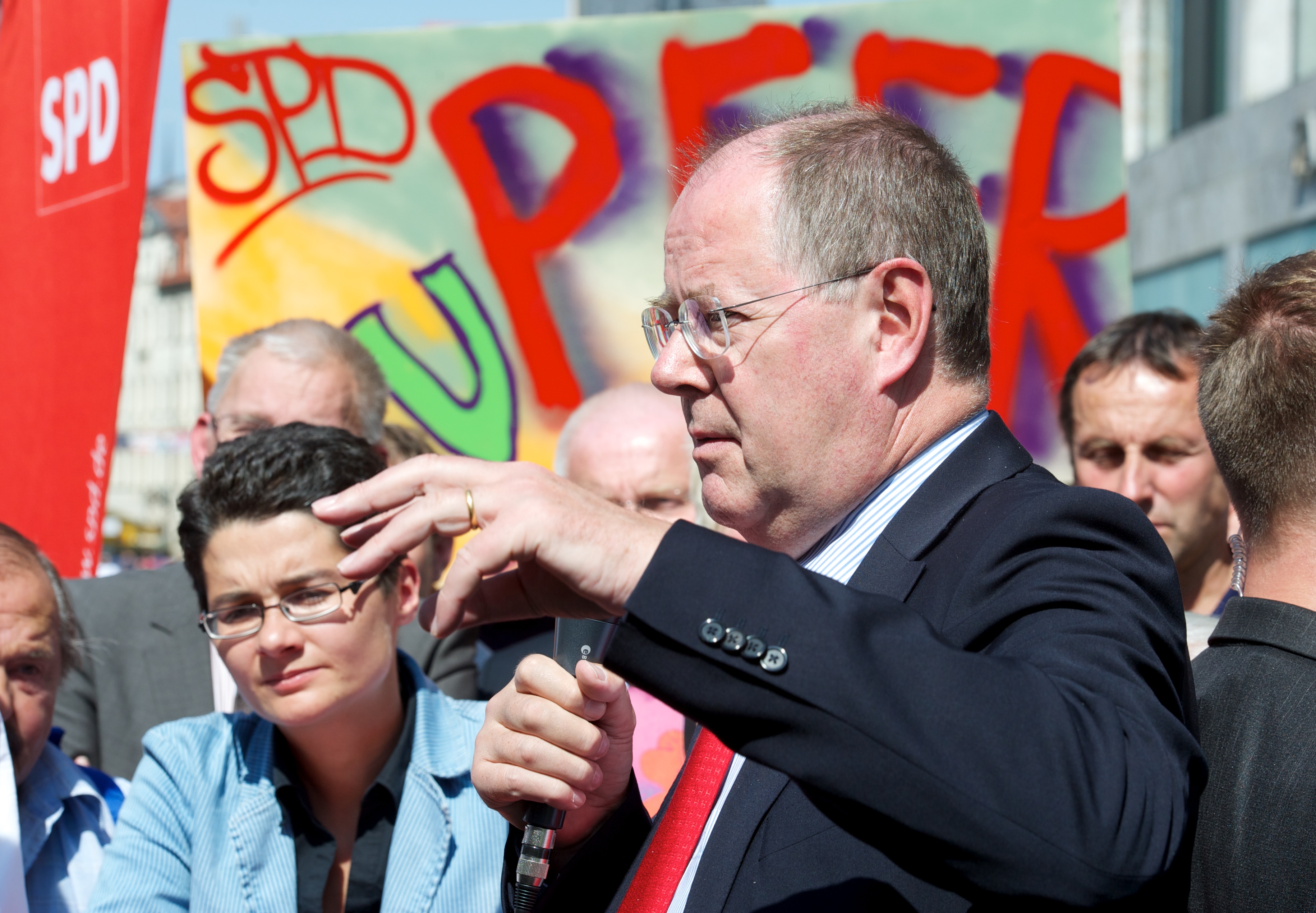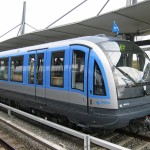Russian Parliament Approves Use of Force in Crimea, Ukraine
Moscow (munichNOW News / dpa) - Russia ratcheted up the tension in the Ukraine crisis Saturday with its upper house of parliament approving the use of armed forces in the Crimean peninsula, which is part of Ukraine.
Russian President Vladimir Putin listens during his working meetings at the Novo-Ogaryovo residence outside Moscow, Russia, Friday, Feb. 28, 2014. — photo: dpa
Russian President Vladimir Putin asked the Federation Council to approve the use of armed forces in the Crimea, Interfax news agency reported, “until the normalization of the socio-political situation in that country.”
Russian lawmakers had urged Putin to take measures to stabilize the situation in Crimea and protect the Russian-majority population.
Crimea’s pro-Russian prime minister earlier asked Moscow for help in the conflict on the Black Sea peninsula.
“I ask President Vladimir Putin for assistance in order to keep peace and calm on the territory of the Autonomous Republic of Crimea,” Prime Minister Sergei Aksyonov said in a statement carried by local media.
Minutes after Aksyonov’s request became public, Russian news agencies cited a source in Putin’s administration as saying that the Crimean leader’s request “will not go unnoticed.”
Aksyonov declared that his government has taken control of all Ukrainian law enforcement agencies on Crimean territory.
“All commanders must carry out only my orders and decrees. I ask those who disagree to quit service,” he warned.
In Kiev, Ukrainian Prime Minister Arseniy Yatsenyuk called on Russia to withdraw its military forces from the Crimean peninsula and described their presence as “illegal.”
He urged “peaceful means” to settle the crisis in Crimea, which he says was caused by inappropriate Russian presence in the territory of the autonomous republic.
Newly elected Crimea’s Prime Minister Sergey Aksyonov was seen near of Parliament building in Simferopol, Crimea, Ukraine, 28 February 2014. — photo: dpa
He asked the Russian government to ensure that its forces return to their designated bases.
Yatsenyuk spoke of a “violation of the basic requirements of the agreement on a temporary presence of the Black Sea Fleet in the territory of Ukraine,” the Itar-Tass news agency reported.
The Crimean premier’s Russian Union party meanwhile said a referendum on Crimea’s status would be brought forward to March 30, according to Itar Tass. The Crimean parliament had on Thursday proposed a referendum for May to determine its future.
German Chancellor Angela Merkel and Foreign Minister Frank-Walter Steinmeier said Saturday that Ukraine’s territorial integrity must be maintained.
“What is happening in Ukraine worries us,” Merkel said, adding that she is in contact with those in charge in Kiev, Russia and with US President Barack Obama.
Steinmeier called on Russia to clarify its aims on the Crimean peninsula. “Whoever continues to pour oil into the fire now - in words or in deeds - is knowingly heading towards an escalation of events.”
Everything Russia does in Crimea must happen in keeping with the sovereignty and territorial integrity of Ukraine and the lease agreement regarding the Russian Black Sea fleet, Steinmeier said in a statement.
He demanded that Russia reveal both its troop movements in Crimea and the goals and intentions behind these movements.
Ukrtelecom on Saturday said that several of its offices in Crimea were seized and that mobile and fixed phone lines and internet services between the peninsula and the rest of the country were cut off.
“As a result of unknown actions there has been physical damage to several fiber optic transmission cables of the company,” Ukrtelecom said in a statement quoted by Kyiv Post online.
Neighbouring countries appealed for calm and for a resolution to the crisis.
In a statement Saturday, the Polish Foreign Ministry called for an end to “provocative troop movements” on the peninsula. Potential military decisions taken in the coming days might have irrevocable consequences, it said.
Bulgarian Foreign Minister Kristian Wigenin called for a return to security and order in Ukraine and warned against an escalation of the crisis. He said that maintaining the country’s territorial integrity was paramount.
US President Barack Obama responded Friday to reports of Russian military movements in Ukraine by warning that “there will be costs” to any military action taken.
Armed men had seized the airport of Simferopol, the peninsula’s capital city, on Friday. Armed men, described by Ukrainian Interior Minister Arsen Avakov as Russian naval forces, also took control of a military airport near the port of Sevastapol where the Russian Black Sea Fleet has a base.
The Black Sea peninsula is inhabited mainly by ethnic Russians, but Tatars - a Turkic ethnic group that was forcefully deported under Soviet dictator Joseph Stalin - today make up 12 per cent of the region’s almost 2 million inhabitants. 200,000 ethnic Bulgarians also live there.
The peninsula is, from a cultural point of view, the country’s least Ukrainian region. It was handed to Ukraine by Soviet leader Nikita Khrushchev in 1954.
Troops in unmarked uniforms stand guard in Balaklava as people walk in a street, on the outskirts of Sevastopol, Ukraine, Saturday, March 1, 2014. An emblem on one of the vehicles and their number plates identify them as belonging to the Russian military. Ukrainian officials have accused Russia of sending new troops into Crimea, a strategic Russia-speaking region that hosts a major Russian navy base. The Kremlin hasn¿t responded to the accusations, but Russian lawmakers urged Putin to act to protect Russians in Crimea. (AP Photo/Andrew Lubimov)






 Euro Converter
Euro Converter